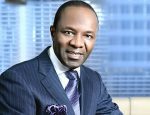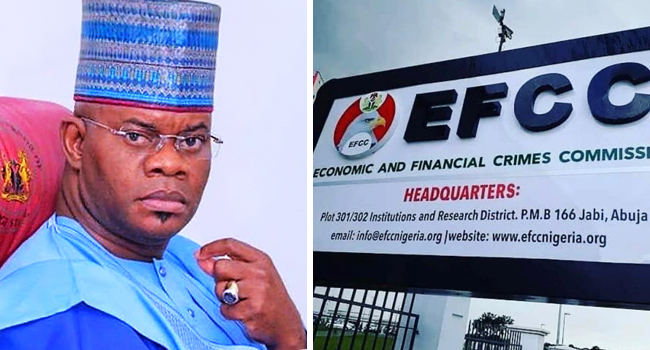The President of the African Development Bank, Akinwumi Adesina has advised Nigeria to make its youths drivers of the new economy through the creation of Youth Entrepreneurship Investment Banks.
He said that making Nigerian youths the drivers of the economy will put new financial ecosystems around them to fully unleash their potential.
Mr. Adesina stated this on Monday at the opening of a two-day Mid-Term Ministerial Performance Review Retreat organized to assess progress made towards the achievement of the nine key priorities of the President Muhammadu Buhari administration.
“We must move away from so-called ‘youth empowerment programs.’ The youth do not need handouts. They need investments,” the former minister added.
“This is why the African Development Bank is currently working with central banks and countries to design and support the establishment of Youth entrepreneurship investment banks”.
He explained that 75% of youth in Nigeria are under the age of 35 and more decisive actions are needed to turn this demographic asset into an economic dividend.
“We must unleash the potential of the youth of Nigeria. Today, over 75% of the population is under the age of 35,” he explained.
“A young, productive, youthful population, with access to education, skills, social protection, affordable housing, and medical care, will power Nigeria’s economy, now and well into the future”.
He said the establishment of the new financial institutions, run by young, professional, and highly competent financial experts and bankers will develop and deploy new financial products and services for businesses and ventures of young people.
According to him, several African countries have already indicated their readiness to establish Youth Entrepreneurship Investment Banks, hence Nigeria should make its youth the drivers of the new economy.
“One of the industries that will dominate the future is the FinTech industry. By 2030, 650 million Africans will have smartphones, and 50 million will have 5G phone networks. Digital payments, mobile money accounts, savings, credit, and money transfers will revolutionize businesses.
“Nigeria’s FinTech is surging as one the leaders in Africa today. Google recently announced plans to invest $1 billion in Africa. That tells you something: they see the demographic and mobile tech growth and how this will rapidly change the future of e-commerce, trade, health, and finance.
“The African Development Bank will support the Federal Government efforts, being led by Vice President Osinbajo, on Digital Nigeria. The Bank is preparing investment in the Digital and Creative Enterprises (I-DICE) program, a $600 million investment to be co-financed with several partners, which will promote entrepreneurship and innovation in the digital technology and creative industries,” Adesina said.
He said Nigeria should take the FinTech industry as a major driver of the economy and invest heavily in digital infrastructure and as an economically resurgent country, Nigeria must be a more peaceful and secure nation.
“Today, more than ever, several African countries are spending a significant share of their budgets on security, displacing the resources needed for development.
“Increasingly, the investible space in many parts of Africa, including Nigeria, is shrinking due to insecurity and insurgencies. Yet, resources are not there to enable countries to cope with these rising challenges. We must recognize the strong linkages between security, investment, growth, and development,” the AfDB boss noted.
“This is why the African Development Bank is working on developing Security-Indexed Investment Bonds to help African countries and Regional Economic Communities to mobilize resources to tackle these challenges”.
The AfDB leader added that the Security-Indexed Investment Bonds will raise funds on the global capital markets to support countries to upgrade their security architecture, rebuild damaged infrastructure in conflict-affected areas, rebuild social infrastructure and protect zones where there are strategic investments.











